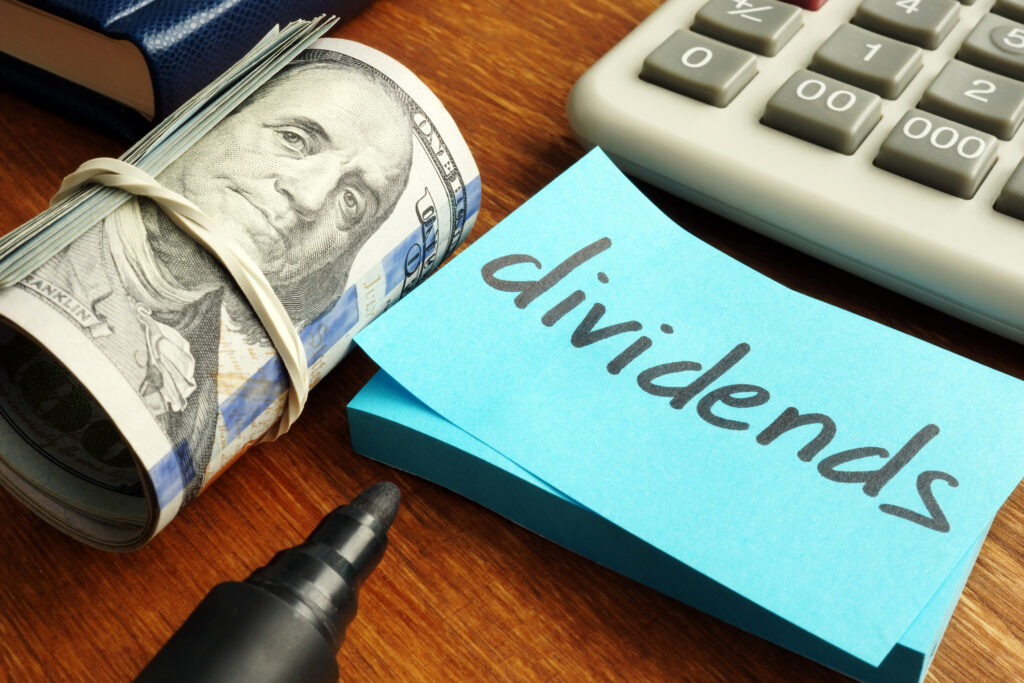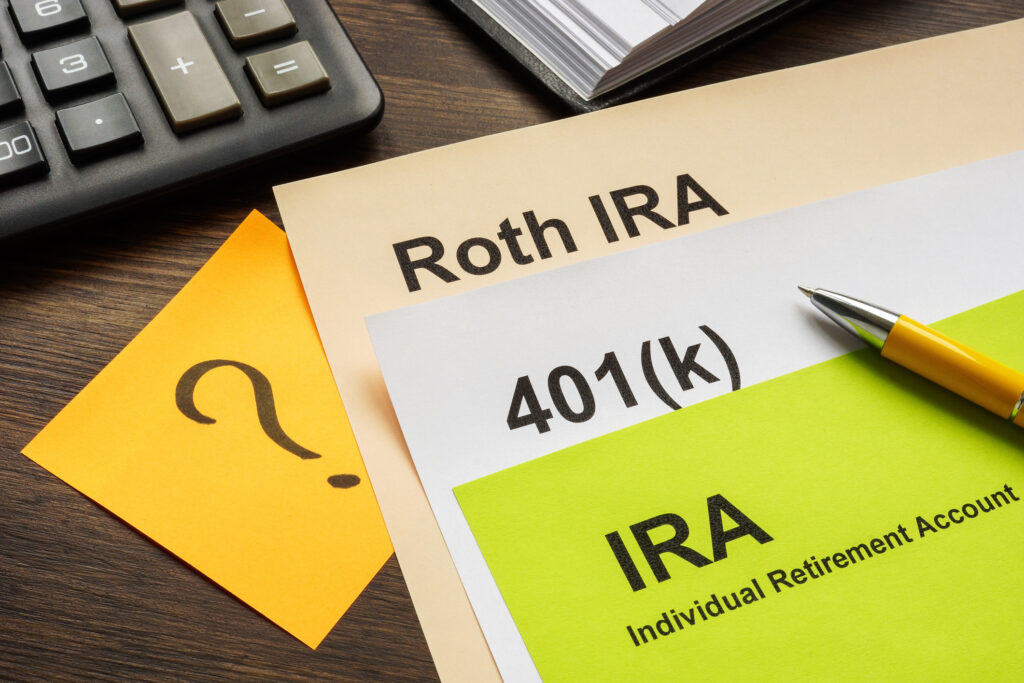If you’re an investor, you probably know that stocks can be a great way to grow your wealth over time. But did you also know that stocks can have tax implications for your income and capital gains? In this blog post, we’ll explain everything you wanted to know about taxes on stocks, from how they are calculated to how you can minimize them.
Related Topics:

First, let’s define some terms. When you buy a stock, you pay a certain price for each share. This is called your cost basis. When you sell a stock, you receive a certain price for each share. This is called your sale price. The difference between your sale price and your cost basis is your profit or loss on the stock. This is also called your capital gain or loss.
Capital gains and losses are classified as either short-term or long-term, depending on how long you held the stock before selling it. If you held the stock for one year or less, it is a short-term capital gain or loss. If you held the stock for more than one year, it is a long-term capital gain or loss.

Why does this matter? Because short-term and long-term capital gains are taxed differently. Short-term capital gains are taxed at your ordinary income tax rate, which can range from 10% to 37%, depending on your income level and filing status. Long-term capital gains are taxed at a lower rate, which can be 0%, 15%, or 20%, depending on your income level and filing status.
So, as a general rule, it is better to hold your stocks for more than one year to qualify for the lower long-term capital gains tax rate. However, there are some exceptions and nuances to this rule, which we’ll discuss later.

Another thing to keep in mind is that not all stock transactions result in capital gains or losses. Sometimes, you may receive dividends from the stocks you own. Dividends are payments made by a company to its shareholders, usually from its profits or reserves. Dividends are considered income and are taxed at your ordinary income tax rate, unless they are qualified dividends.
Qualified dividends are dividends paid by U.S. corporations or certain foreign corporations that meet certain criteria. Qualified dividends are taxed at the same rate as long-term capital gains, which can be lower than your ordinary income tax rate. To qualify for this preferential tax treatment, you must meet two conditions:
- You must hold the stock for more than 60 days during the 121-day period that begins 60 days before the ex-dividend date. The ex-dividend date is the date after which new buyers of the stock will not receive the dividend.
- The dividend must be paid by a U.S. corporation or a foreign corporation that is either incorporated in a U.S. possession, eligible for benefits under a U.S. tax treaty, or listed on a U.S. stock exchange.
You can find out if a dividend is qualified or not by looking at the Form 1099-DIV that you receive from your broker or the company that paid the dividend.

Now that we’ve covered the basics of taxes on stocks, let’s look at some strategies to reduce them.
One strategy is to offset your capital gains with capital losses. If you have both capital gains and losses in the same year, you can use your losses to cancel out your gains, up to a certain limit. For example, if you have $10,000 of short-term capital gains and $8,000 of short-term capital losses, you can use your losses to reduce your taxable gains to $2,000. If you have more losses than gains, you can deduct up to $3,000 of your net losses from your other income, such as wages or interest. If you still have excess losses, you can carry them forward to future years and use them to offset future gains.

Another strategy is to take advantage of tax-advantaged accounts, such as IRAs and 401(k)s. These accounts allow you to invest in stocks and other assets without paying taxes on your earnings until you withdraw them in retirement. Some accounts, such as Roth IRAs and Roth 401(k)s, even allow you to withdraw your earnings tax-free in retirement, as long as you follow certain rules. By investing in these accounts, you can defer or avoid taxes on your stock profits and dividends.

A third strategy is to plan your stock sales carefully and avoid triggering unnecessary taxes. For example, if you are close to qualifying for a lower tax bracket or a lower long-term capital gains tax rate, you may want to wait until the next year to sell your stocks and lock in the lower rate. Conversely, if you expect your income or tax rate to increase in the future, you may want to sell your stocks sooner and pay the lower tax now.

Of course, taxes should not be the only factor in your investment decisions. You should also consider other factors, such as your risk tolerance, time horizon, and financial goals. However, by being aware of the tax implications of your stock transactions, you can make smarter choices and keep more of your hard-earned money.

Taxes on stocks can be tricky, but remember to keep these insights in mind as you proceed with your investment journey. Happy investing!



